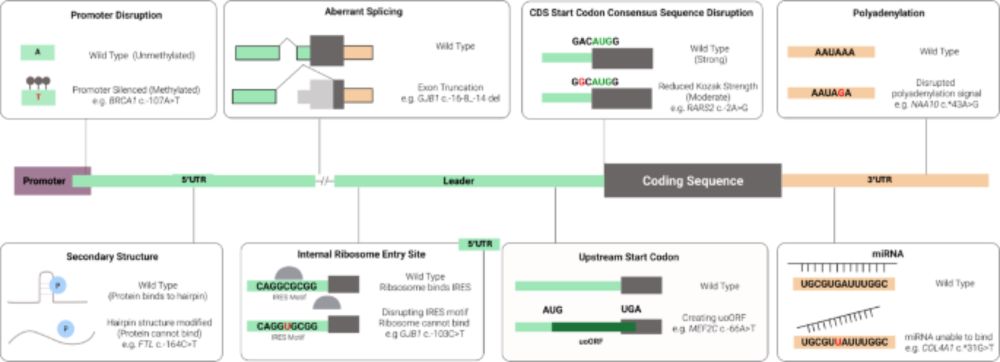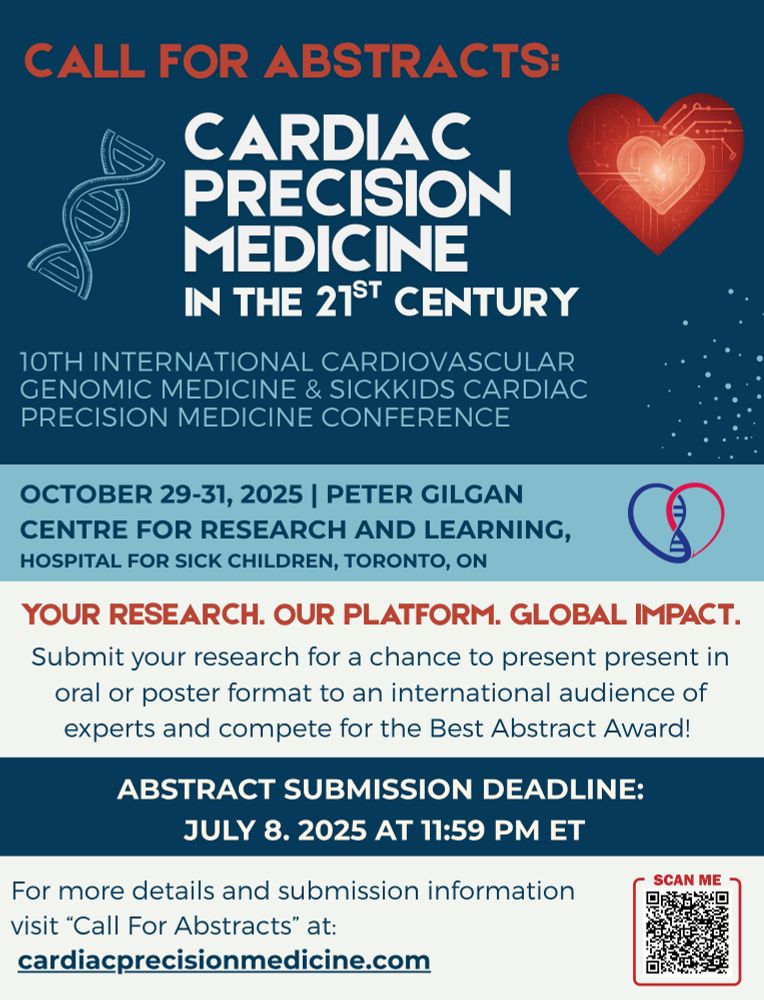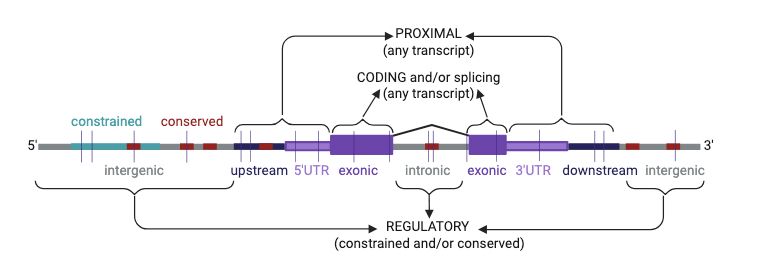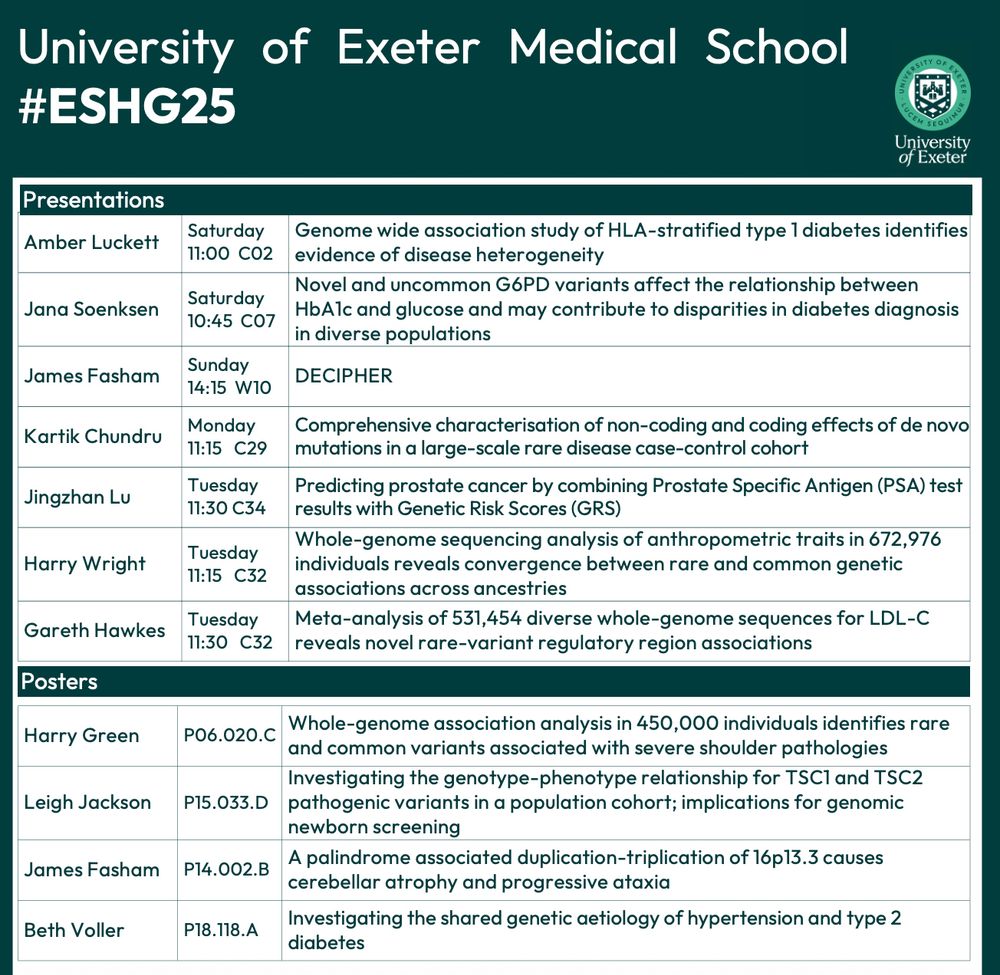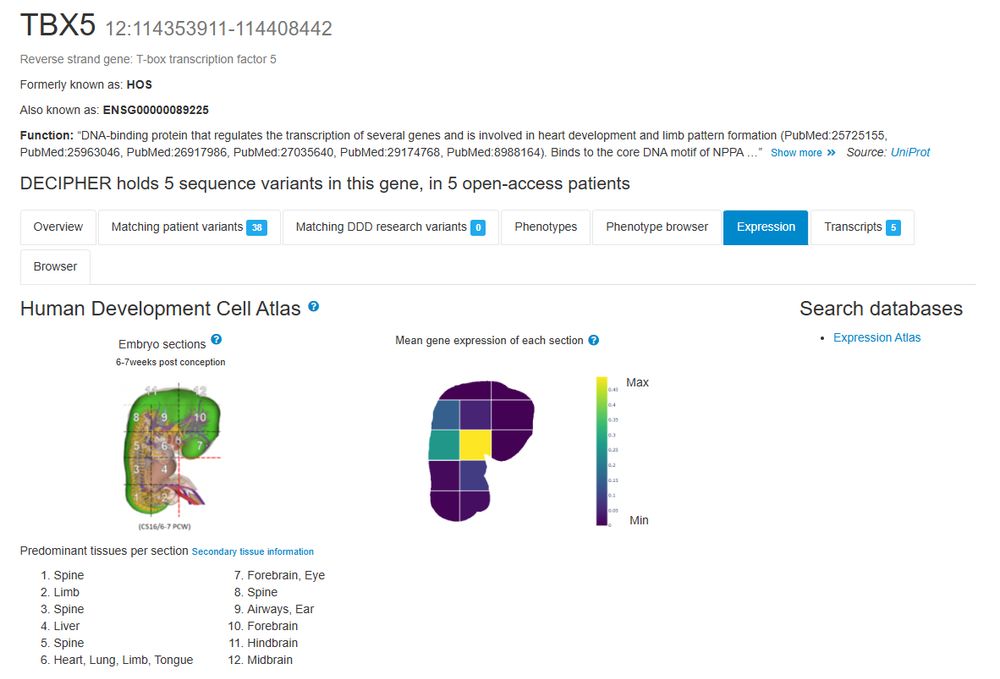Kartik Chundru
@chundru.bsky.social
740 followers
450 following
45 posts
Postdoc University of Exeter 🇮🇪🇮🇳🇬🇧 Integrating 'omics data into rare variant genetic analyses
Formerly at Sanger institute working on recessive developmental disorders in DDD
Posts
Media
Videos
Starter Packs
Reposted by Kartik Chundru
Reposted by Kartik Chundru
Reposted by Kartik Chundru
Reposted by Kartik Chundru
Žiga Avsec
@avsecz.bsky.social
· Jun 25
Reposted by Kartik Chundru
Reposted by Kartik Chundru
Reposted by Kartik Chundru
Dr Gareth Hawkes
@drghawkes.bsky.social
· May 27
Kartik Chundru
@chundru.bsky.social
· May 26
Reposted by Kartik Chundru
Nicky Whiffin
@nickywhiffin.bsky.social
· May 26
Reposted by Kartik Chundru
Reposted by Kartik Chundru
Kartik Chundru
@chundru.bsky.social
· May 23
Kartik Chundru
@chundru.bsky.social
· May 23
Reposted by Kartik Chundru
Kartik Chundru
@chundru.bsky.social
· May 16
Reposted by Kartik Chundru
Isaac García
@isaacgs94.bsky.social
· May 16
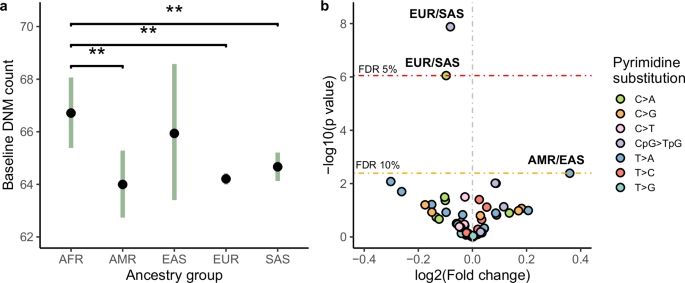
The impact of ancestral, genetic, and environmental influences on germline de novo mutation rates and spectra - Nature Communications
Here the authors analyze de novo mutations in >10,000 parent-offspring trios and find that ancestry and smoking independently associate with mutation rate, but that common genetic variants likely c...
www.nature.com
Kartik Chundru
@chundru.bsky.social
· Apr 24
Kartik Chundru
@chundru.bsky.social
· Apr 11
Reposted by Kartik Chundru
Nicky Whiffin
@nickywhiffin.bsky.social
· Apr 11
Reposted by Kartik Chundru
Nicky Whiffin
@nickywhiffin.bsky.social
· Apr 11
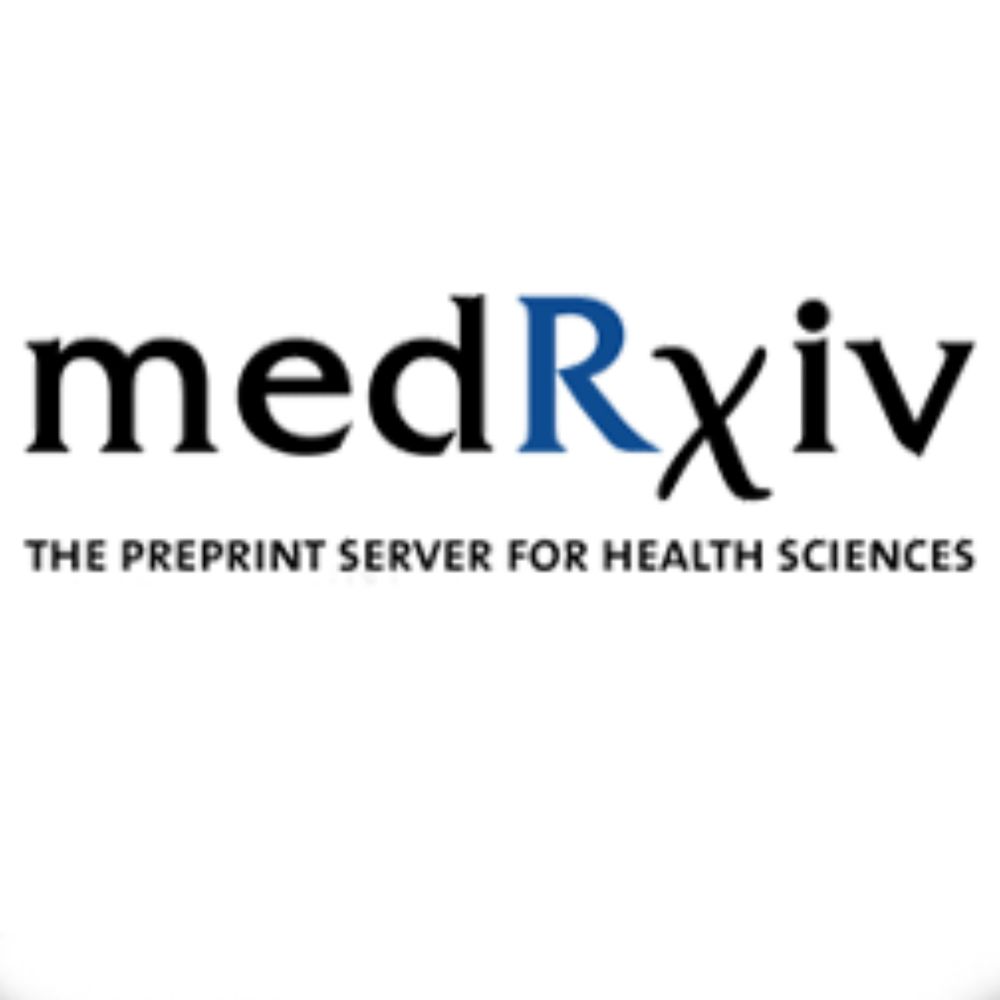
Saturation genome editing of RNU4-2 reveals distinct dominant and recessive neurodevelopmental disorders
Recently, de novo variants in an 18 nucleotide region in the centre of RNU4-2 were shown to cause ReNU syndrome, a syndromic neurodevelopmental disorder (NDD) that is predicted to affect tens of thous...
www.medrxiv.org


